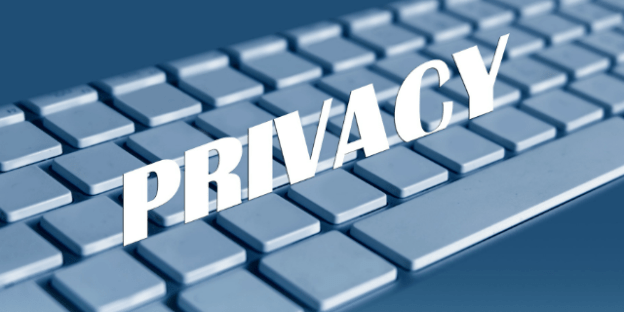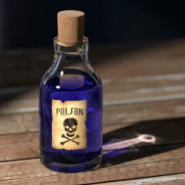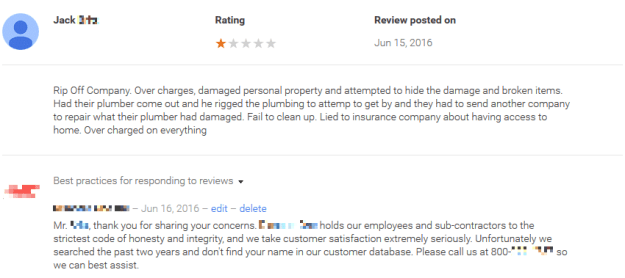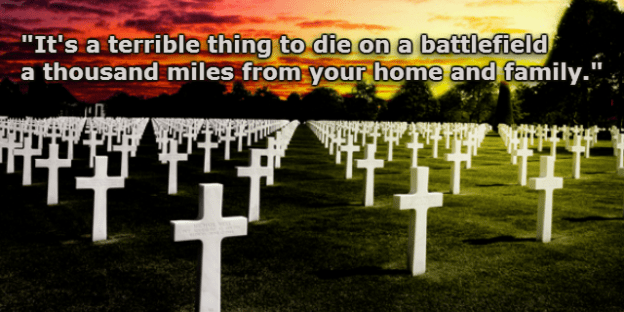A lifetime of playing drums in bands and in churches has not only enriched my life beyond measure, but it’s taught me a lifetime of invaluable lessons. Lessons that apply to every other aspect of my personal and professional life. Here’s some of what I’ve learned.
1. Put in the prep time
No, practice isn’t always fun. Sometimes it’s boring, sometimes it’s exhausting. But it pays off for the ones who put the time in to be prepared. In the business world, that might take the form of education and other training, and starting your career in an entry level position and learning everything there is to know about your field.
It’s not just about how many hours you practice, but the quality of your practice. Don’t just go through the motions – strive to learn from your practice and intentionally improve your skills.
2. Check your ego at the door
This is especially important in my church gig, where the musicians take a back seat to the real purpose, which is creating an atmosphere of worship. But it applies to any musical setting, where the sum should be greater than the individual parts. Remember, the point of your being there is to give your audience (i.e. your customers) what they want, not to try to steal all the attention for yourself.
3. Don’t trash other musicians
Nothing makes you look more petty than trying to make yourself seem better than your colleagues. Nobody likes a bragger. Competition can be a great motivator, but don’t go overboard. Be happy for anybody who’s succeeding in your company and your field. If you’re good at what you do, people will know. It’s better to let someone else talk about how good you are, because that’s infinitely more credible.
4. Surround yourself with people who are better than you are
In my first few bands, I was always the youngest member. I think I subconsciously knew I always needed to prove my worth. As time passed, I wasn’t the youngest or least experienced any more. But I still remember one gig I got as a hired gun for a singer-songwriter when I was around 27 or so. I knew of the lead guitarist and bassist he’d hired because I’d seen them in a smoking hot rock band a few years earlier. These guys were head and shoulders above where I was musically, and I wasn’t sure I could hang with them. But their musicianship pushed me to try to rise to their level. I don’t know if I got all the way there, but I definitely got better.
Wherever you are in business, gravitate toward the people around you who excel. Their example is priceless.
5. Keep spares of everything you need
I’ll never forget the gig in North Myrtle Beach when I was 17. About halfway through the night my snare drum head split open and I didn’t have a replacement head. I was mortified. My bandmates suggested that I go to a neighboring nightclub and see if I could borrow a head from the drummer playing there. I went, but I couldn’t get the drummer’s attention because the band had just started their next set.
I walked back to the venue we were playing in and got a roll of duct tape to try to patch the broken head. For the rest of the night, my snare had about as much volume as a small metronome. My bandmates were not happy with me and it took forever to live that down. Since that time I’ve actually kept a second snare drum ready for action in case of emergency.
Today, if I’m producing an event or have to give a presentation, I’ve got my PowerPoint, Excel files, etc. saved on my laptop and on a flash drive. I’ve also got them all printed on paper and tucked away in my laptop bag in case the technology fails. Redundancy is your friend.
6. Study how your role models do it
Some of my early drumming idols included Butch Trucks and Jaimoe (Allman Brothers), David Garibaldi (Tower of Power), Paul T. Riddle (Marshall Tucker Band), and Steve Jordan (Blues Brothers, David Letterman Band, John Mayer Trio and many more). I shamelessly stole licks from all of my favorites and worked them into my own style of playing. Who are the “rock stars” in your profession? Study what they do and how to do it. Learn from their examples and emulate them as you develop your own identity.
7. Respect the cats who have more experience than you do
There will always be someone with better chops and more knowledge than you have. Close your mouth and listen to them when they speak, and you’ll grow. Maybe even into the next star.
8. Leave everything on the stage
Give 110% every time you perform; don’t phone your work in. The right people will notice and you’ll eventually reap the benefits. The musicians who rise to the top, be they touring musicians, regional favorites, or outright stars, didn’t get where they are by slacking off. Slackers stay in the rut they created for themselves. Whatever your job is, do it completely.
9. Always be professional
Acting like a professional immediately sets you apart from the hacks. Learn what it takes to succeed and be respected in your field, and stay focused on that. I love this quote from an Atlanta Institute of Music and Media blog:
“That person you were mean to in college could be in a position to help further your career by helping you land an awesome gig, or sign a record deal, and chances are, if you made fun of them or spoke negatively about them in the past, they will not be in such a giving mood.”
10. Your body is also your instrument – take care of yourself
Eat healthy, get exercise and rest, and keep the partying under control. See your doctor and do what you’re told to do. You need a healthy body and mind to do what you do.
11. Promote yourself (tactfully)
Every band or solo musician needs a promo kit; it’s how they present themselves to the world. In the business world, your personal brand is everything. Build your LinkedIn profile so that it showcases what you’ve accomplished and what can do. Every time you interact with colleagues and bosses, let them see the best you. Find a way, without being obnoxious, to show the value you bring to your organization.
12. Develop your network
It’s wise to build relationships with other musicians, teachers, and a personal support network. Those connections can steer you toward the next opportunity. And they can encourage you when you stumble and lose confidence. Look for ways to encourage the younger ones just getting into the business.
13. If you make a mistake, do it again so people think you meant to do it.
Okay, that one’s a joke. You might get away with that onstage if you’re improvising, but you’re shooting yourself in the foot if you do it in the corporate world. That said, your mistakes are your best learning opportunities and they can even open your eyes and ears to new and better ways of doing your thing.
What would you add to this list?














